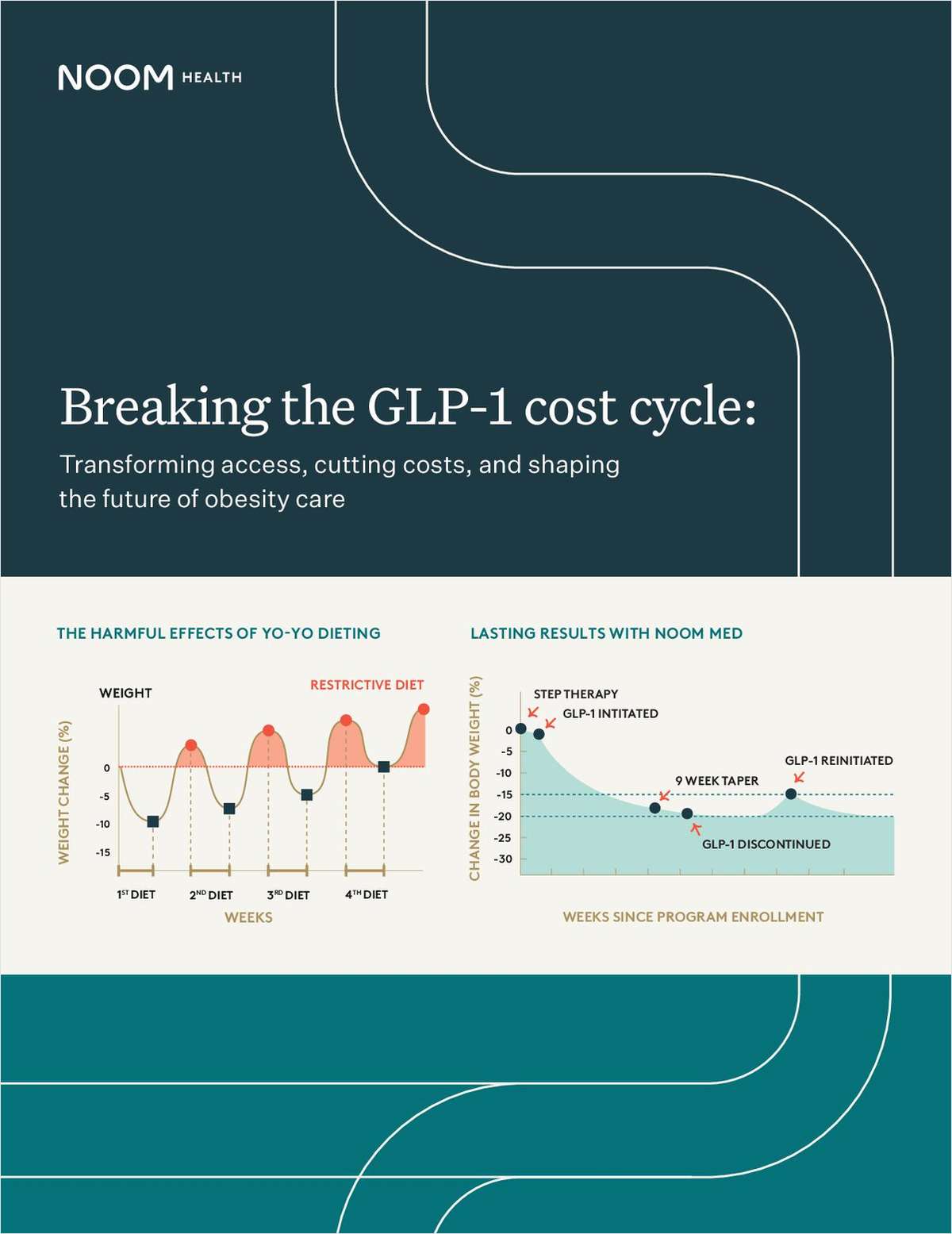Lawyer-Moms Say Flexible Policies Are Key to Success
As the percentage of women working in law continues to grow and law firms strive to accommodate lawyers who want to both work and raise families, Connecticut law firms are pointing out that flexibility is the key word to keep in mind when developing supportive policies.
April 24, 2019 at 03:20 PM
7 minute read
 Namita Tripathi Shah of Day Pitney
Namita Tripathi Shah of Day Pitney
As the percentage of women working in law continues to grow and law firms strive to accommodate lawyers who want to both work and raise families, Connecticut law firms are pointing out that flexibility is the key word to keep in mind when developing supportive policies.
According to a recent report from the New York Law Journal, young female attorneys focusing on their careers have become increasingly interested in freezing their embryos and eggs in order to have more time to concentrate on advancement. While the idea may not be catching on everywhere, it is an indication that young families are eager to explore options when planning ahead for career and family.
Day Pitney partner Namita Tripathi Shah said she hopes most female attorneys do not feel the need to put off having children to further their careers. “I think these are very personal decisions, but I wouldn't like to see this as a trend because women think having children is going to interfere with their careers. Women will always have children, and they shouldn't feel like they have to postpone it.”
Shah, who recently gave birth to her third child, said she discovered she was pregnant just as she was being offered a partnership at Day Pitney. “At first I felt like I needed to apologize, but the partnership went forward, and it was fine—it wasn't an issue,” she said. “No apology was necessary.” In fact, leadership at the firm went out of its way to be supportive, she said.
Shah said scientific advancements are great, but she hopes delaying childbirth is not something young attorneys will see as their only hope. “By all means, you should preserve your options. I don't think there is anything wrong with that, but you should do it for the right reasons,” she said.
What's more important, Shah said, is law firms staying committed to attorneys who want to have children. “I feel like there is a sense in some people's minds that diversity is just talk,” she said. “It's a good message, but firms have to back it up with action. Firms have to continue to make women partners and continue showing that women who have children can be in management. That is going to speak more than just the line that we support diversity and we support women.”
Connecticut's Family and Medical Leave Act provides eligible employees with up to 16 weeks of unpaid leave from work during a 24-month period for family and health reasons including the birth of a child. Among other things, the law specifies what work requirements employees must meet to qualify for leave, employee notice requirements and when an employer can require a doctor's note. Law firms in Connecticut have generally worked to exceed those standards.
Under federal regulations, a mother can use 12 weeks of FMLA leave for the birth of a child, for prenatal care and incapacity related to pregnancy and for serious health conditions following the birth of a child. A father can use FMLA leave for the birth of a child and to care for his spouse if she is incapacitated due to pregnancy or childbirth.
 Rachel Kushel of Robinson & Cole
Rachel Kushel of Robinson & Cole In Hartford, Robinson & Cole partner Rachel Kushel, a mother of two who serves as vice chair of the firm's women's committee, said she has not had inquiries from female attorneys about freezing embryos, but she agreed that supportiveness and flexibility are important at the management level to ensure all lawyers are free to raise families.
“We just revamped our parental leave policy to provide even greater support to our attorneys who are embarking on family planning issues, and we have family leave mentors. One of the tenets of the new program is flexibility. We wanted a program that works for individuals and families.”
Kushel said Robinson & Cole has broadened it's parental leave policy, opening it up to both child-bearing and non-birthing parents, regardless of gender. “I think there is less perception that it's only a women's issue. It's a family issue that's applicable to both genders.” Kushel said that translates into firms like Robinson & Cole opening their family leave policies to women and men across the board, in traditional and same-sex couples. And the policy is constantly evolving.
“Our parental leave policy can be used intermittently by both parents, regardless of gender, and families can be adoptive,” Kushel said. “We have embraced all of those issues, recognizing that no one policy fits all, so we have really increased the flexibility in how to best support families.”
And the need for family support is only increasing, as the U.S. Department of Labor reports that women make up 47 percent of the country's total workforce, and 36 percent of all lawyers. In 2018, the labor force participation rate for women with children under 18 was 71.5 percent. Mothers are the primary or sole earners for 40 percent of households with children under 18 today, compared with 11 percent in 1960.
Recently promoted Finn Dixon & Herling partner Julia Fish Snowden said her firm's supportive policies were crucial in her decision have children as she's maintained a balancing act between mom and law partner.
“I think the Finn Dixon definitely has shown a commitment to women,” said Snowden, who was due to have her second child in April. “In the last three to five years there have been specific actions they've taken to really support the growth of women at the firm, from approving a maternity leave policy that matches what Big Law firms are providing to focusing on mentorship and putting in place programs that support more junior junior associates.”
Snowden said teamwork and mentoring from coworkers, both male and female, is vital. “I couldn't have done this without all the support from all of the partners here who really operate as a team. That includes providing logistical support when necessary and passing down life lessons learned along the way. She added that Finn Dixon's debt finance team has evolved to the point of being 50 percent women, underscoring the firm's commitment to female leadership. “It's the kind of progress you can't just implement in one day,” she said.
“I think we support each other on a personal level as well as a professional level,” Snowden said of her colleagues. “We are lawyers and moms, so we have demands outside of the firm as well as in our professional lives, so when someone has commitments that they coverage for, we provide that for each other.”
Day Pitney also provides support for working mothers, making it easier for attorneys like Alexis Gettier to decide to be a working mom and a law partner. “I have felt so supported as a woman and as a mother here,” she said. “The word on the street is that Day Pitney is ahead of the curve on these things, and other firms are clearly looking to us as an example of what they should be doing for their employees.”
Robinson & Cole's Kushel said mothers and fathers expecting babies should always be offered help with the transition, including giving attorneys projects that are challenging and inspiring upon their return to work. “Seeing people bring home a baby in any way is a good thing, and we support it,” she said. “When attorneys feel supported it's a better environment to work in, and that's better for our clients.”
This content has been archived. It is available through our partners, LexisNexis® and Bloomberg Law.
To view this content, please continue to their sites.
Not a Lexis Subscriber?
Subscribe Now
Not a Bloomberg Law Subscriber?
Subscribe Now
NOT FOR REPRINT
© 2025 ALM Global, LLC, All Rights Reserved. Request academic re-use from www.copyright.com. All other uses, submit a request to [email protected]. For more information visit Asset & Logo Licensing.
You Might Like
View All



Federal Judge Approves Harvard's Dismissal of Chip-Patent Suit Against Samsung
2 minute readTrending Stories
Who Got The Work
J. Brugh Lower of Gibbons has entered an appearance for industrial equipment supplier Devco Corporation in a pending trademark infringement lawsuit. The suit, accusing the defendant of selling knock-off Graco products, was filed Dec. 18 in New Jersey District Court by Rivkin Radler on behalf of Graco Inc. and Graco Minnesota. The case, assigned to U.S. District Judge Zahid N. Quraishi, is 3:24-cv-11294, Graco Inc. et al v. Devco Corporation.
Who Got The Work
Rebecca Maller-Stein and Kent A. Yalowitz of Arnold & Porter Kaye Scholer have entered their appearances for Hanaco Venture Capital and its executives, Lior Prosor and David Frankel, in a pending securities lawsuit. The action, filed on Dec. 24 in New York Southern District Court by Zell, Aron & Co. on behalf of Goldeneye Advisors, accuses the defendants of negligently and fraudulently managing the plaintiff's $1 million investment. The case, assigned to U.S. District Judge Vernon S. Broderick, is 1:24-cv-09918, Goldeneye Advisors, LLC v. Hanaco Venture Capital, Ltd. et al.
Who Got The Work
Attorneys from A&O Shearman has stepped in as defense counsel for Toronto-Dominion Bank and other defendants in a pending securities class action. The suit, filed Dec. 11 in New York Southern District Court by Bleichmar Fonti & Auld, accuses the defendants of concealing the bank's 'pervasive' deficiencies in regards to its compliance with the Bank Secrecy Act and the quality of its anti-money laundering controls. The case, assigned to U.S. District Judge Arun Subramanian, is 1:24-cv-09445, Gonzalez v. The Toronto-Dominion Bank et al.
Who Got The Work
Crown Castle International, a Pennsylvania company providing shared communications infrastructure, has turned to Luke D. Wolf of Gordon Rees Scully Mansukhani to fend off a pending breach-of-contract lawsuit. The court action, filed Nov. 25 in Michigan Eastern District Court by Hooper Hathaway PC on behalf of The Town Residences LLC, accuses Crown Castle of failing to transfer approximately $30,000 in utility payments from T-Mobile in breach of a roof-top lease and assignment agreement. The case, assigned to U.S. District Judge Susan K. Declercq, is 2:24-cv-13131, The Town Residences LLC v. T-Mobile US, Inc. et al.
Who Got The Work
Wilfred P. Coronato and Daniel M. Schwartz of McCarter & English have stepped in as defense counsel to Electrolux Home Products Inc. in a pending product liability lawsuit. The court action, filed Nov. 26 in New York Eastern District Court by Poulos Lopiccolo PC and Nagel Rice LLP on behalf of David Stern, alleges that the defendant's refrigerators’ drawers and shelving repeatedly break and fall apart within months after purchase. The case, assigned to U.S. District Judge Joan M. Azrack, is 2:24-cv-08204, Stern v. Electrolux Home Products, Inc.
Featured Firms
Law Offices of Gary Martin Hays & Associates, P.C.
(470) 294-1674
Law Offices of Mark E. Salomone
(857) 444-6468
Smith & Hassler
(713) 739-1250










